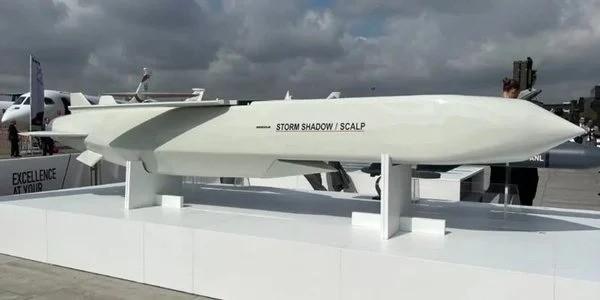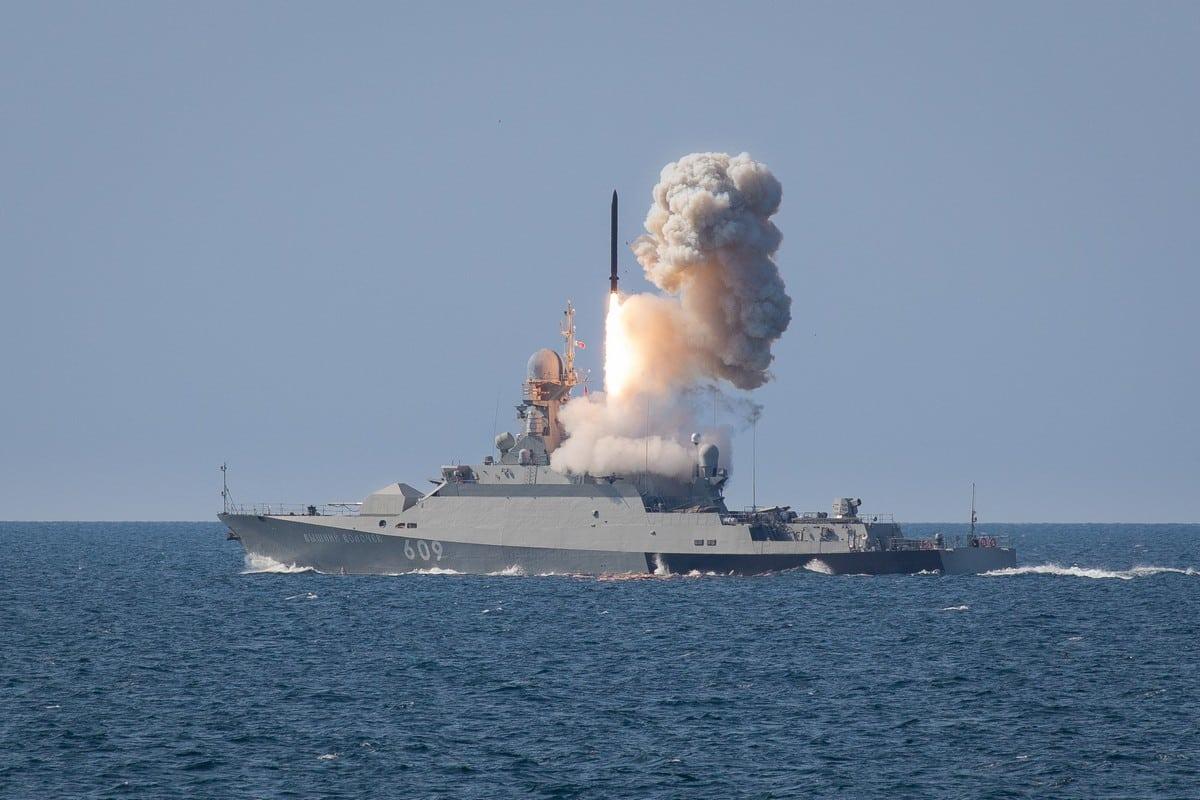Russo–Ukraine war: Black Sea battle scene Asymmetric warfare
The continuing Russian missile attacks on Ukraine suggest that there is no end in sight to the Russo-Ukraine war. In the second year of the war, Russia partly took advantage of the situation, making some territorial gains by using superiority in the air and ground. As such, some experts argue that Ukraine has only a year to defeat the Russians before the critical depletion of military resources. Although Ukraine has yet to tackle Russia's superiority on the ground and air, Kyiv's recent naval operations against Russia's fleet in the Black Sea exert significant pressure on Moscow.
Hence, the last months have marked a significant moment in the maritime war between Russia and Ukraine. On the sea, the Ukrainians have had greater success and launched a revolution in weapons and tactics that offer both lessons and warnings for the world’s navies. Since the outbreak of the war in 2022, the Ukrainian navy has gone from Soviet-era frigates to modern unmanned boats and ships, giving a harsh battle to Russia's Black Sea fleet (BSF).

Ukraine has used a combination of unmanned naval vehicles and missile strikes (SCALP/Storm Shadow) to great success. Ukraine has deterred BSF amphibious attacks and pushed Russia's BSF out of the northwestern Black Sea and Crimean seaports to the relative safety of the eastern Black Sea. Whereas Russia’s BSF had a theoretical superiority over the Ukrainian maritime forces when the conflict broke out, it has been unable to exploit this advantage and found itself in a partly defensive posture during this period of time. As a result, since June 2024, Russia's BSF has become functionally inactive as the Ukrainians have been able to destroy 26 Russian vessels recently. Reportedly, Ukrainian strikes targeting BSF assets and ports have changed Russian naval operation patterns and are hindering the BSF’s ability to operate aggressively in the western part of the Black Sea.
Indeed, the growing number of casualties in the Black Sea creates additional troubles for Russia because warships are among its most expensive military assets, with a procurement cycle that can span decades. Moreover, Moscow was not able to compensate the destroyed vessels with ships from other fleets because of the application of the Montreux Convention by Türkiye, which regulates naval traffic through the Bosphorus and Dardanelles straits during war times.

Given Ukraine's frequent hit-and-run tactics, the Russian fleet nearly ceased all operations in the Black Sea due to the lack of safety measures and the inability to counter modern anti-ship missiles. Instead, Russia leans on the deployment of submarines armed with Kalibr cruise missiles, which are relatively safe to use against enemy targets. Nevertheless, submarines cannot fully replace main navy vessels and be decisive for Russia’s current campaign.
The success of the Black Sea operation emboldened the West to increase military aid to Ukraine in an effort to secure Crimea and pave the way for the next level of operation against BSF. Ukraine’s long-range strikes against BSF assets have facilitated humanitarian and military successes in the Black Sea and allowed Ukraine to seize the initiative in the Black Sea even without an effective navy of its own.

Despite its successful results, the Western military aid to Ukraine may be overshadowed by the results of the upcoming November elections in the US. The high approval ratings of former President Donald Trump would ensure his next four-year term in the White House, leading to a gradual decrease in military and financial support to Ukraine. Such a prospect would eventually undermine Kyiv’s plans to regain control over Crimea, annexed in 2014 by Russia. The intense attacks and successful operations against Russian bases and military infrastructure in and around Crimea boosted optimism of Kyiv that it still possesses strong chances to reclaim the territory.
However, the emergence of the combined threats of surface drones and anti-surface missiles has not prevented the BSF from operating in the southwestern part of the Black Sea basin. Notwithstanding its failures in the Black Sea, Russia will likely switch to a different strategy to prevent further attacks, including the installation of nets and barges to protect critical infrastructure and potential targets.








